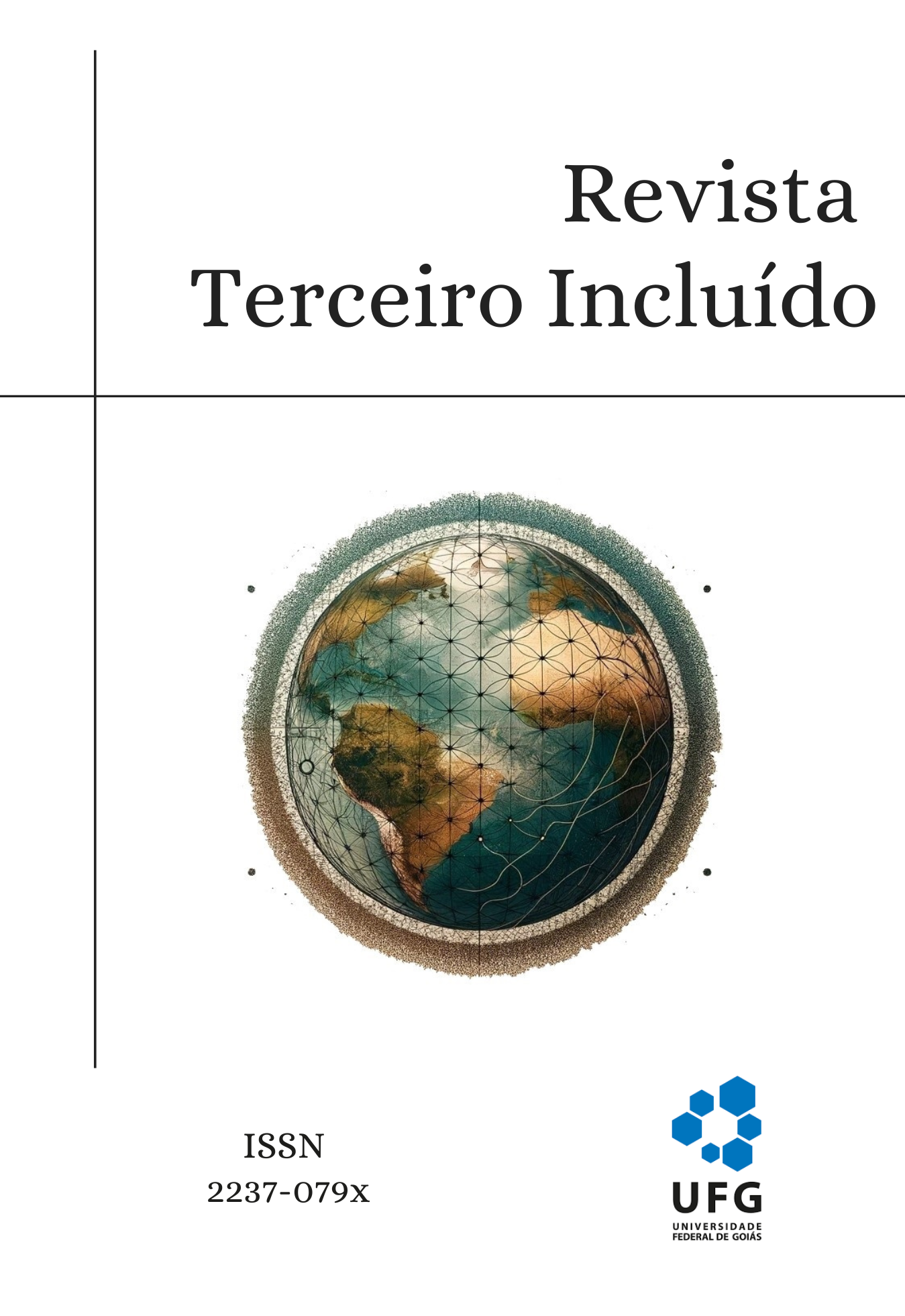The Importance of Higher Education Didactics in Stimulating Self-Knowledge
a survival alternative for the future
DOI:
https://doi.org/10.5216/teri.v14i1.76562Keywords:
Didactics, Higher education, Future, Emotion management, ICTsAbstract
The article discusses the importance of debating the subject of self-knowledge as an alternative to the psychological survival of future professionals in this century of technological innovations and artificial intelligence. We will show the viability of betting on Teaching Didactics in Higher Education to help undergraduate students adopt self-knowledge. Considering that those who manage their own emotions will survive in the competitive job market, we'll talk about the urgency of investing in this premise. Working on emotion management is essential and at the same time an alternative to preserve the professionals of the future, guaranteeing them a better performance in the competitive world of pressures imposed by the digital environment that challenges the human psyche in an overwhelming way. Looking at it from this angle, we can see the effectiveness of the challenge and the justification for the proposal. The aim is to provoke the higher education system about its ability to invest in teaching didactics with resources that provide a new mentality, allowing for thinking techniques and stimulating self-control. Therefore, the bibliographic study goes through suggestive theories to help the reader understand the purpose of the proposal. May teaching didactics serve to foster a new perspective, be a protagonist and not remain anonymous.
Downloads
References
ANDRADE, J. P. SARTORI, J. O professor autor e experiências significativas na educação do século XXI: estratégias ativas baseadas na metodologia de contextualização da aprendizagem. in BACICH, L e MORAN, J. Metodologias Ativas para uma educação inovadora: uma abordagem teórico-prática. Penso. Porto Alegre, 2018. p. 175-198.
CURY, A. O código da inteligência. Sextante. Rio de Janeiro, 2016.
_____, A. homem mais inteligente da história. Sextante. Rio de Janeiro, 2017.
_____, A. 12 semanas para mudar uma vida. São Paulo. Ed. Planeta do Brasil, 2007.
_____, A. Dez leis para ser feliz: ferramentas para se apaixonar pela Vida. Rio de Janeiro: Sextante, 2003.
DWECK, C. S. Mindset: a nova Psicologia do Sucesso. Tradução: S. Duarte. 1ª ed. 24ª reimpressão. Objetiva. São Paulo, 2017.
DUHIGG, C. O Poder do Hábito: Por que fazemos o que fazemos na vida e nos negócios. Tradução: Rafael Montovani. 1º ed. 44ª reimpressão. Objetiva. Rio de Janeiro, 2012.
HAN, B. C. Sociedade da Transparência. Tradução: Enio Paulo Giachini. Vozes. Rio de Janeiro, 2017.
ITURBE, J. R. De la Biopolítica a la Big Tech de la postmodernidade al postmarxismo. 1º ed. Areté. Ciudad Autónoma de Buenos Aires, 2022.
LLÁCER, T. Nietzsche: o super-homem e a vontade de poder. Salvat. São Paulo, 2015.
MORAN, J. Metodologias ativas para uma aprendizagem mais profunda. (IN. BACICH, L. MORAN, J.) Metodologias Ativas para uma educação inovadora: uma abordagem teórico-prática. Penso. Porto Alegre, 2018. p. 1-25.
SOUZA, J. Subcidadania brasileira: para entender o país além do jeitinho brasileiro. Leya. Rio de Janeiro, 2018.
Downloads
Published
How to Cite
Issue
Section
License
Copyright (c) 2024 Antônio Rocha

This work is licensed under a Creative Commons Attribution-ShareAlike 4.0 International License.











